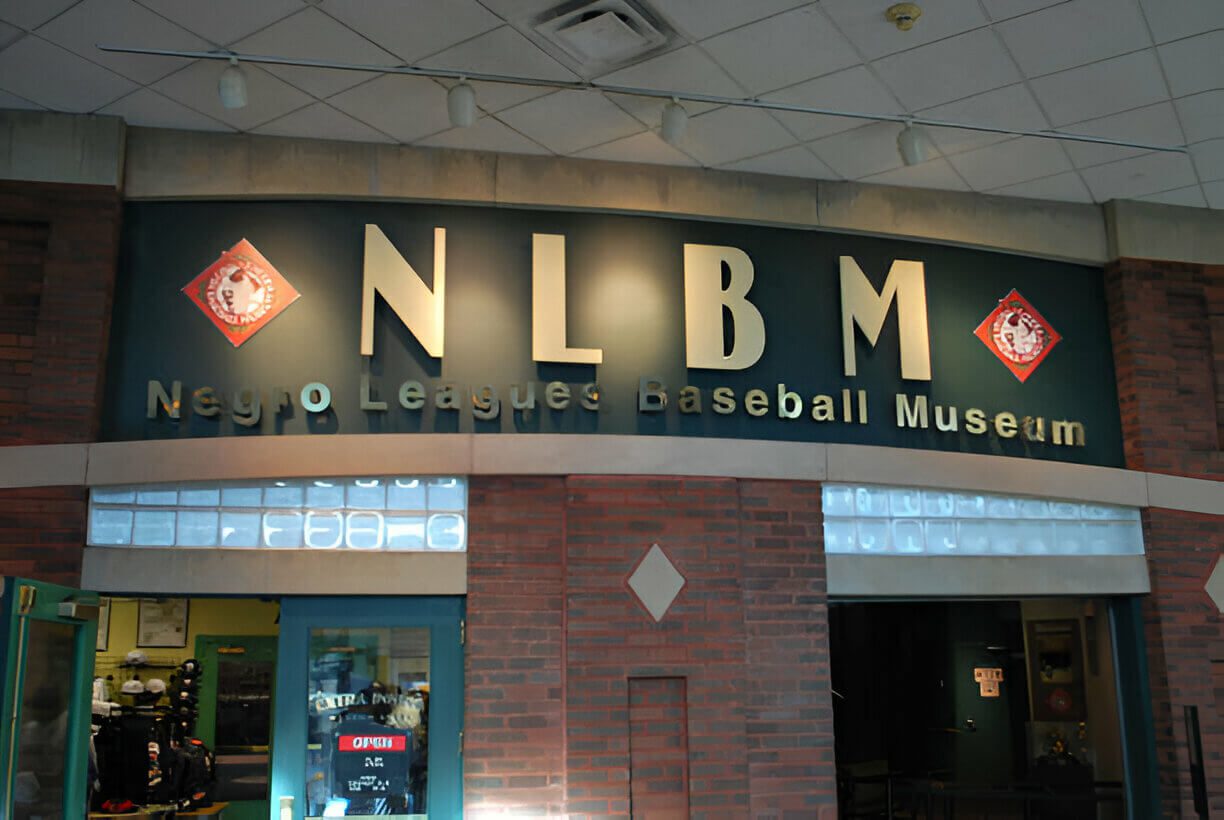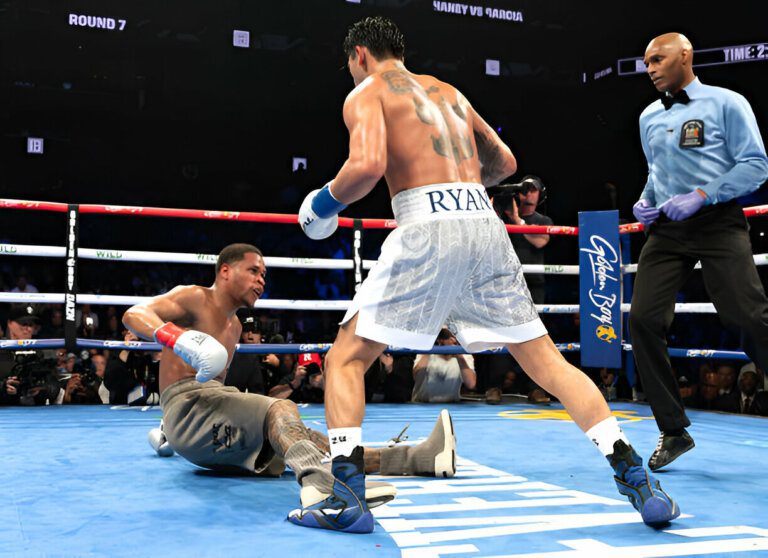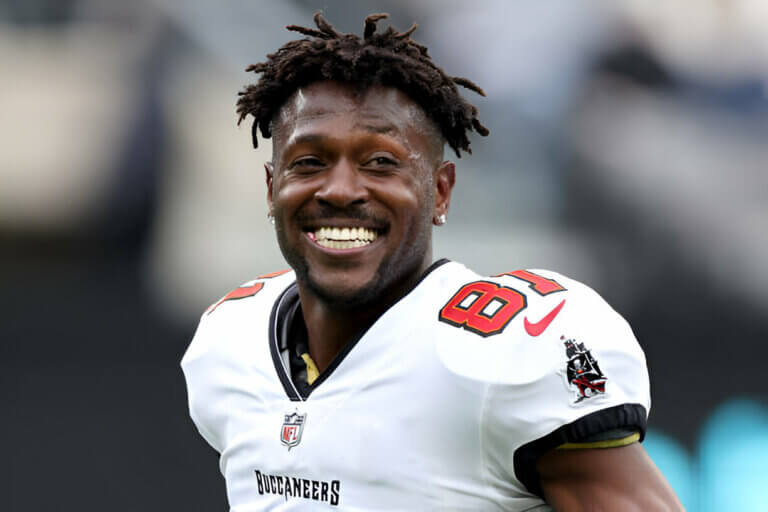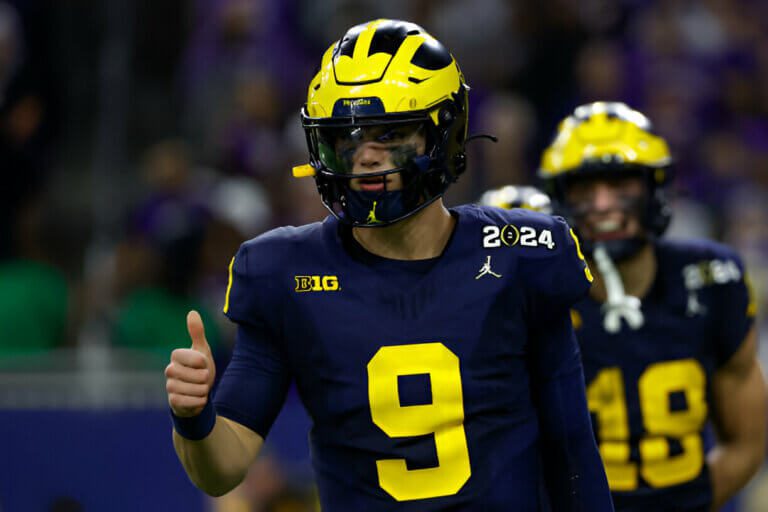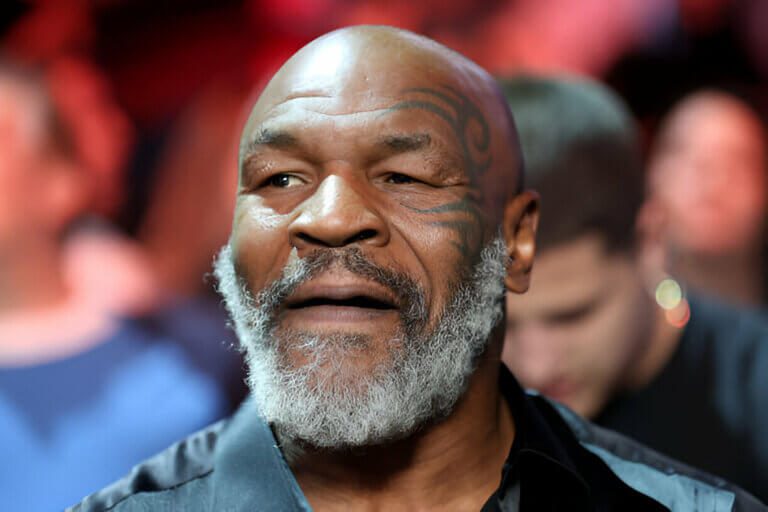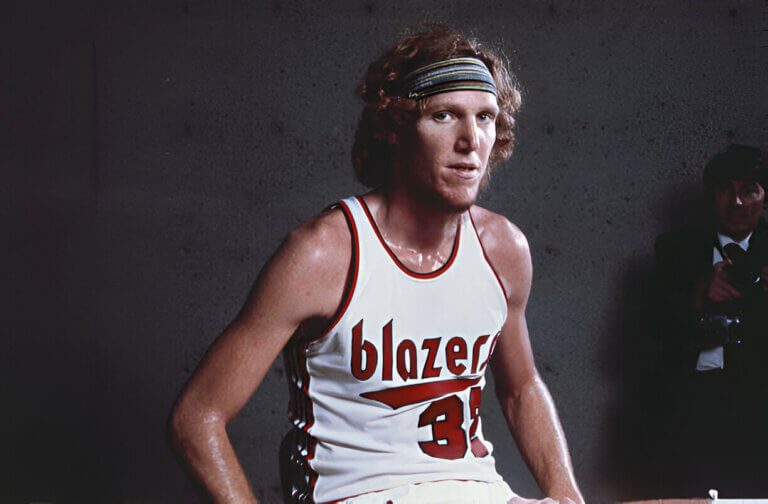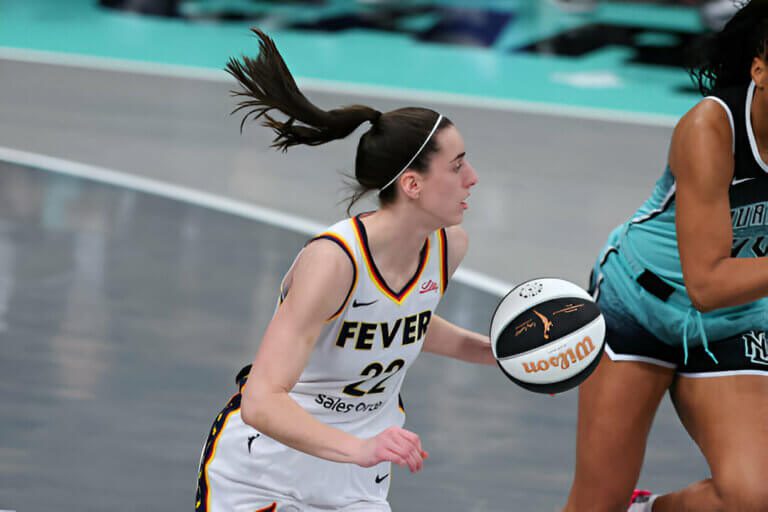The recent decision to incorporate Negro League statistics into MLB record books has sparked conversations among baseball enthusiasts and historians alike. This pivotal move not only reshapes the landscape of baseball records but also prompts a reevaluation of player legacies and historical narratives. As the baseball community grapples with the implications of this integration, questions arise about how these newly recognized achievements will reshape the understanding of baseball history and the impact on current player rankings and records. The merging of these statistics opens up a new chapter in the sport’s story, inviting further exploration into the rich tapestry of baseball’s past.
Key Takeaways
- MLB officially integrating Negro Leagues statistics acknowledges historic achievements in baseball.
- Future MVP Awards and selection criteria may be impacted by the inclusion of these stats.
- Players like Josh Gibson will receive recognition for their exceptional baseball excellence.
- The move signifies a transformation towards broader acknowledgment of outstanding baseball talent.
- Hall of Famers such as Willie Mays and Satchel Paige will benefit from enhanced statistics in their legacies.
Impact of Integration on MVP Awards
The integration of Negro Leagues statistics into MLB records has sparked discussions on how it may impact future MVP Awards. With legendary players like Josh Gibson now included in the official records, there’s a growing sentiment towards recognizing the extraordinary accomplishments of Negro League athletes in the MVP voting process.
Gibson’s remarkable statistics, such as his unparalleled batting average and slugging percentage, raise questions about how these historical achievements may influence the selection criteria for future MVP winners. By acknowledging the talent and contributions of Negro League players, the MVP Award could potentially undergo a transformation that values a broader spectrum of baseball excellence, embracing a more inclusive view of the sport’s history and its exceptional performers.
Josh Gibson’s Historic Achievements
During the integration of Negro Leagues statistics into MLB records, Josh Gibson‘s historic achievements have emerged as a defining narrative of baseball excellence.
- Gibson, now considered one of the greatest players of all time, boasts a remarkable .446 batting average in 1943, the best in MLB history.
- His .974 slugging percentage in 1937 surpasses even Bonds’ well-known mark, while Gibson’s OPS of 1.474 in the same year tops single-season records.
- Additionally, he holds the highest home run total in Negro Leagues history, solidifying his legacy as a power hitter.
Gibson’s exceptional performances haven’t only rewritten the record books but also shed light on the exceptional talent that thrived within the Negro Leagues during his era.
Influence on Hall of Famers
Several Hall of Famers have seen their career statistics greatly impacted by the integration of Negro Leagues stats into MLB records. Players like Willie Mays and Jackie Robinson now have enhanced numbers due to the inclusion of their Negro Leagues performances. For Mays, this means a boost in hits, home runs, and batting average, solidifying his place as one of the all-time greats.
Satchel Paige’s ERA and career victories have also been markedly affected by this integration, showcasing his dominance on the mound. Additionally, Minnie Minoso surpasses the 2,000-hit threshold with the addition of his Negro Leagues stats, further solidifying his impressive career accomplishments.
The inclusion of these stats adds a new layer of depth and recognition to the legacies of these Hall of Famers.
Anticipated Celebrations and Commemorations
Anticipation abounds surrounding the upcoming plans for celebrating and commemorating the integration of Negro League statistics into MLB records, highlighting the significant impact of this historical milestone on the baseball community.
There’s a request for a national Negro Leagues Day on May 2, with proposals to celebrate all Negro League players alongside Jackie Robinson Day.
Enthusiasm looms for the potential recognition of Negro League players, with hopes for MLB players to don Negro Leagues uniforms on the designated day. This initiative aligns with Josh Gibson’s vision for honoring the legacy of Negro League players and underscores a pivotal moment in baseball history.
The integration promises to bring forth meaningful celebrations that pay homage to the talent and resilience of these legendary athletes.

